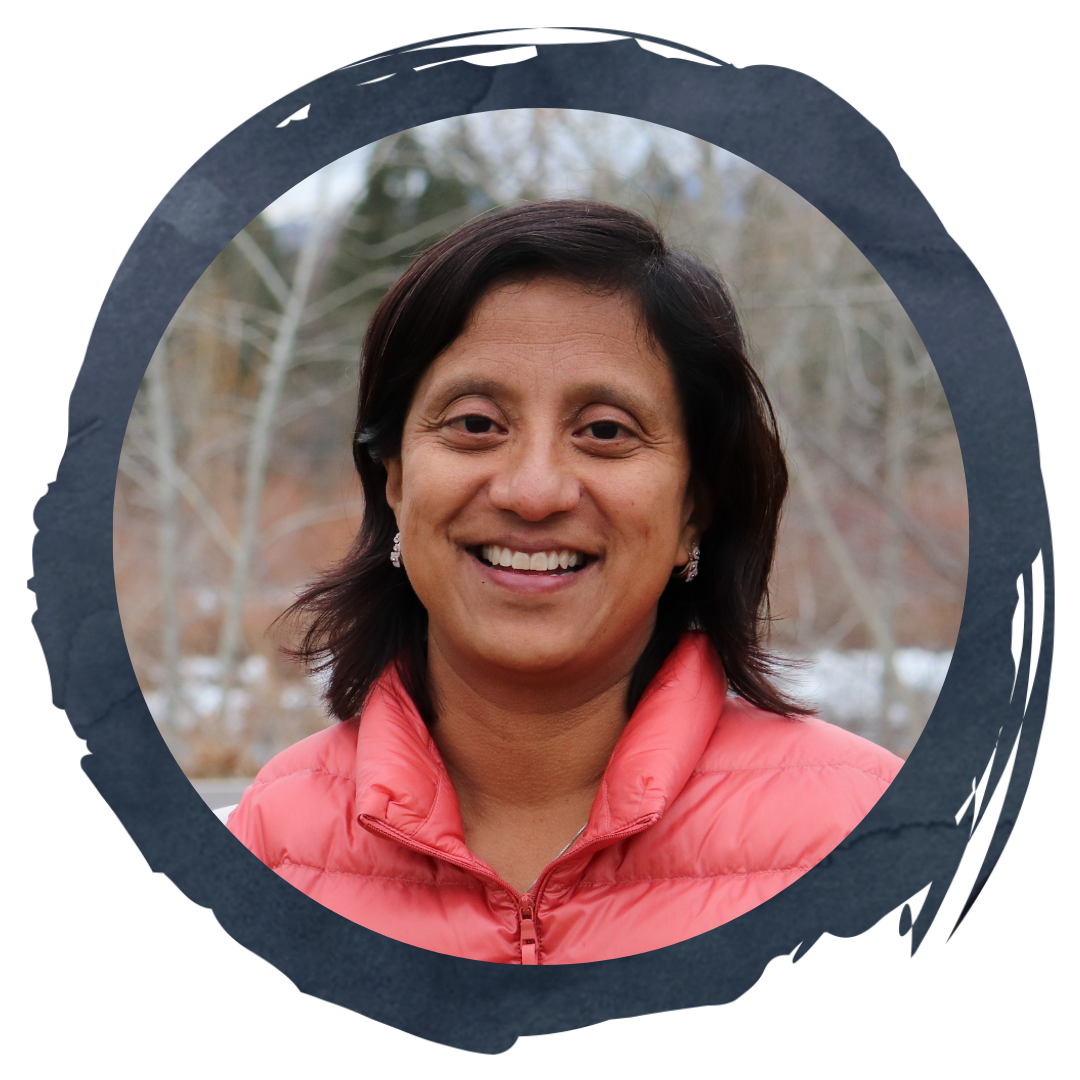Building Trust Means Getting Uncomfortable
Brenda Solorzano, CEO, Headwaters Foundation
I was ready to leave philanthropy before becoming the CEO of Headwaters. I grew up professionally in the field and felt like a cog in a system after years of jumping through hoops internally while making grantees jump through hoops externally. I got an opportunity to participate in a mid-career leadership program that asked, how might you use your core values to develop a life plan that has both personal and professional components? I got clear on two things through that year-long experience: one, that a core value of mine was equity, and two, that philanthropy wasn’t equitable. Instead of continuing to believe that it had to be this way, the program opened up the possibility for me to wonder, what would it look like if I did it differently?
On the day that I presented a new vision for philanthropy to my leadership program cohort, I got a call from a headhunter about a position at Headwaters. A few days later, I flew to Montana to present that same vision to their board. I was asking, how do you actually make it so that people on the ground are making the decisions? How do we eliminate the bureaucracy, get out of the way, and let people focus on the mission and critical work rather than focus on chasing money? I remember walking out of that interview thinking there was no way they were going to hire a Brown girl from California with a crazy idea. Not too much longer, I found myself relocated in Montana and tasked with launching a different type of foundation.
We knew we had to figure out how to put community in the decision decision-making role, so we began with a series of community conversations. We invited everyone in our database to attend a community meeting to nominate organizations that they thought should receive support for their work in early childhood development. People put their hands up, threw names out, and we ended up with a dozen or so organizations. Then I asked people to pull out their phones for a vote. As I invited people to decide who they thought should receive the funds, a board member ran towards me. In a moment of meltdown, he asked, “Are we really doing this? Are they going to pick the right organization?” The board liked the idea of trust in theory, but I realized it would be a while before we could fully embody and practice it.
We did end up funding the organization that the community voted for that day, which, by the way, is doing incredible work with those resources. The lesson for me was about walking with the board the moment they realized they were giving up power and control. For me, that meant communicating with them about what it means to see power shift, what it might feel like, and how they can still navigate their fiduciary responsibility amidst all of that. Just because they got excited and they said yes to this way of working, it doesn't mean that the boardroom athletics stop. The board still wants to know ROI and exactly what is happening with this money. They want to be able to tell the story of impact and to see change yesterday. No matter how trust-based you think your foundation is, it's something you consistently have to revisit because there's so much fear about something going ‘wrong’.
It’s a slow process. But we are one of the few industries that has the ability to deploy social capital money for social change. In social venture capital, they give out millions of dollars to create innovation and improvements in technology and most investments don’t return. Why can't we have that same mind frame to propel social impact? At the end of the day, this is the community’s money. I’m not the expert on what they need. But I have the honor and privilege of stewarding these relationships to support them in getting there.
We’ve been able to bring back that organization we funded on the day my board member freaked out to present on the amazing work they’re doing to the board. That has helped us remind ourselves and the board: community knows. We didn't need to put out an RFP, make ten organizations apply, waste their time and the time of a review committee. We just needed to trust that people in our community knew the right organization with the skills, capacity, influence, desire, and expertise to do this work.

